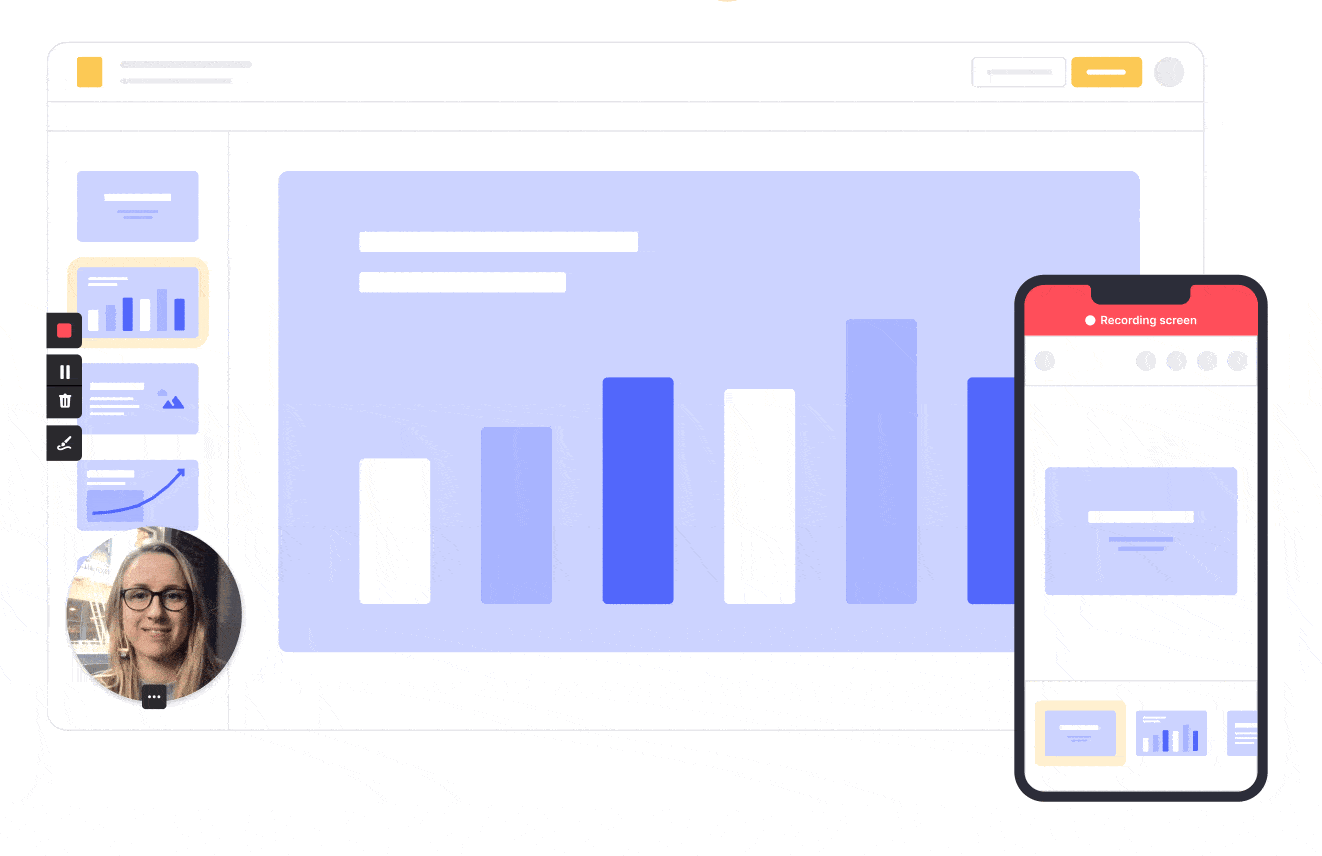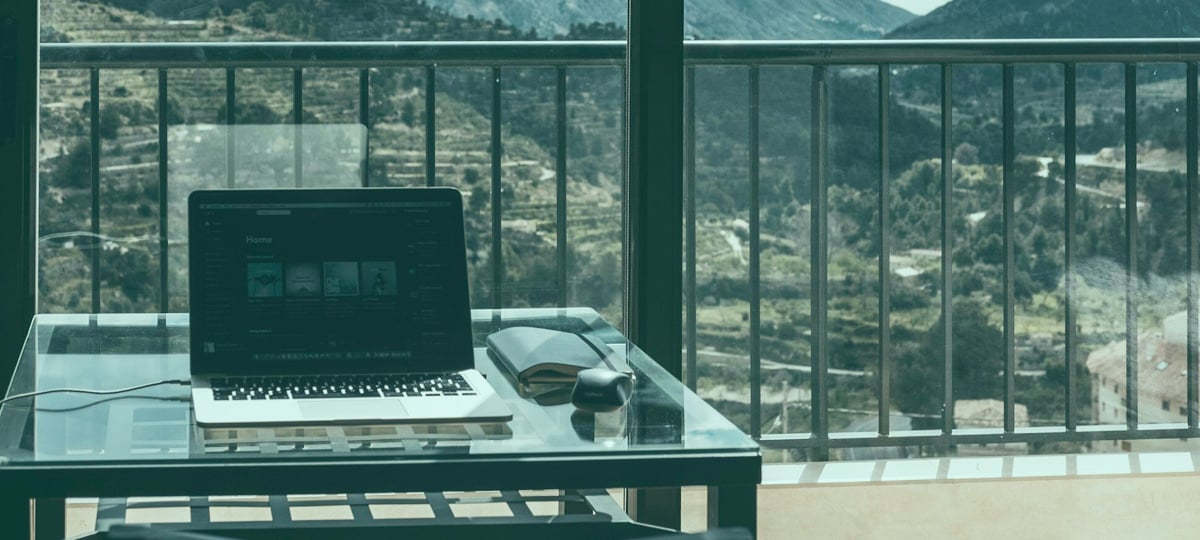Culture | Professional Development
How to Plan a Long Vacation in a Remote Team
By: Thomas De Moor
June 30, 2020 4 min read

One of the biggest selling points of remote work is its flexibility. Work remotely for a company that trusts you and you'll have the ability to create the lifestyle you want. This could mean staying at home to spend more time with your kids, traveling the world for months on end, or dedicating more time to that hobby you love.
However, this flexibility also means you'll end up taking fewer actual vacations. The ones where you do no work at all for one or two weeks. Remember those? This is in part because it's easy and even tempting to work a few hours a day, perhaps early in the morning, even when you're supposedly on a vacation.
But everyone has a time where they need a complete break from work. It might take years of remote work before you get to that point, but you will eventually get there. When it happens, when you feel that craving to fully disconnect for a while, you need to prepare. These are some of the most important things to remember when you plan a long vacation in a remote team.
How to Plan a Long Vacation
That's right. You don't wing a vacation, you plan for it. Creating a plan will significantly reduce your levels of stress when you're gone and will reduce the likelihood of colleagues reaching out to you with questions when you're gone.
Consider what you do on a day-to-day basis and what will happen when you don't do those things. Which tasks are crucial for the smooth, continued operation of your projects you're working on? Additionally, look at your calendar to see if there are any important events coming up when you're gone.
Collect everything you do at work, determine the importance of each item, and then either delegate, automate, or let them rest while you're gone.
Delegate Tasks Appropriately
Some things need to get done whether you're gone or not. The weekly newsletter of your company needs to be emailed, customers still need their orders sent to them, and the code that's been deployed to production cannot break and be left alone.
For the tasks you cannot automate, you need to ask your manager or a colleague to help you out. It's important that you assign a specific person to a task and not a group of individuals.
Throwing a task in a group, asking for it to be done when you're gone, is a recipe for disaster. Nobody will feel individually responsible. So assign each task to a specific person.
Document as Much as Possible
No matter how seemingly simple to you, don't assume that people will know how to do your tasks. Document your delegated tasks in reasonable detail, but don't stop there. Document what to do if something goes wrong too and share knowledge that's relevant for every particular task.
Ideally, either record a video of you performing the task or have a meeting where you walk your colleague through the task. Make sure they have all the information they need, and don't forget to give them access to the right tools too.

Let People Know
Let your team know that you'll be gone two to four weeks in advance. When you're gone, make sure it's obvious in all the communication software you use. If you use Slack, change to status to OOO and put in the date when you'll be back.
Don't forget about your email signature either. Clients, prospects, and other people outside of your organization will reach out to you and expect an answer if you haven't set an OOO reply.
Plan For When You're Back
You need to have a plan for when you're gone, but have one for when you come back too. Else, you'll spend time on your vacation thinking about this. This needn't be a thorough plan that you've written down (although, if that's your jam, go ahead).
It could be a list you keep in your head of the most important things to do first thing you come back. The goal is to feel productive from day one after your vacation instead of feeling overwhelmed and not knowing where to start.
Most Importantly... Enjoy
If you really want to keep your mind off work, turn off any notifications you could get while away. This being said, don't close off all lines of communication either. Give a few people an emergency contact number or email that they can reach you at if something happens. Just make sure everyone knows this should be used in emergencies only.
Once you've gone through these steps, it's time to relax and recharge. While you might not feel like you need a vacation when you work remotely, you'd be surprised at how good it feels to plug out entirely every once in a while.
TABLE OF CONTENTS



